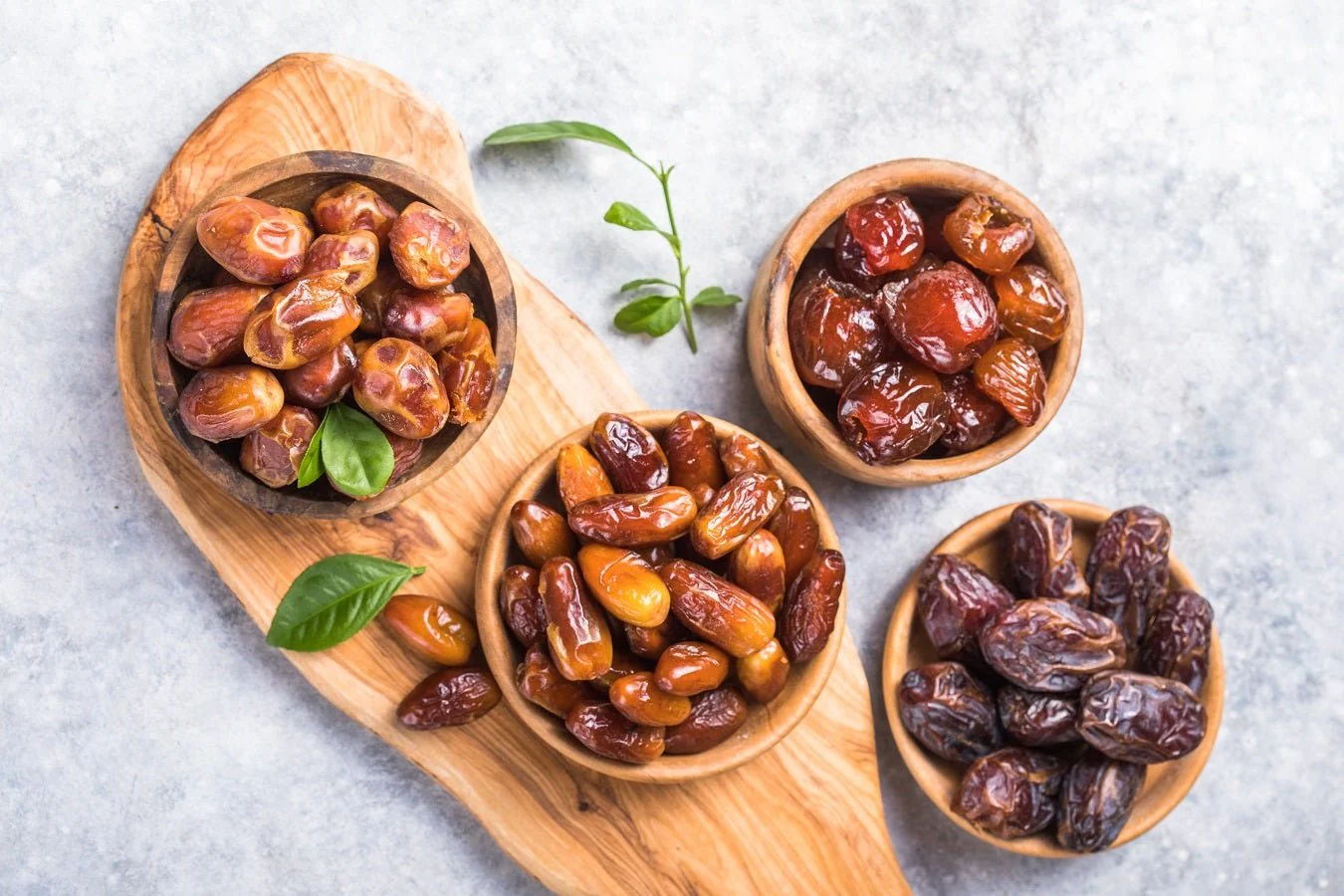
Dates in Traditional Middle Eastern Cuisine: Flavors of Kedai Kurma
Introduction
Dates have long been cherished in Middle Eastern culture for their rich flavor, versatility, and numerous health benefits. In this blog post, we will delve into the role of dates in traditional Middle Eastern cuisine, with a particular focus on the flavors and culinary traditions found in Kedai Kurma (Date shops).
The Significance of Dates in Middle Eastern Cuisine
Dates hold a special place in Middle Eastern cuisine, both as a staple ingredient and as a symbol of hospitality and generosity. Here are some key highlights of the role of dates in this culinary tradition:
1. Historical Significance: Dates have been a part of Middle Eastern culture for thousands of years. They were cultivated in ancient Mesopotamia (modern-day Iraq) and were highly valued for their nutritional value and ability to thrive in arid climates. Dates became a vital food source for desert-dwelling communities and played a significant role in sustaining life in the region.
2. Versatility in Cooking: Dates are incredibly versatile in Middle Eastern cuisine and are used in a variety of dishes. They can be enjoyed fresh, dried, or even incorporated into pastes and syrups. Dates are used in both savory and sweet preparations, adding a natural sweetness and depth of flavor to dishes.
3. Sweet Delights: Dates are the star of many traditional Middle Eastern desserts and sweets. They are often combined with ingredients such as nuts, honey, and spices to create delectable treats like date-filled pastries (such as ma’amoul), sticky date puddings, and date-filled cookies. These desserts are enjoyed during festive occasions and family gatherings, showcasing the cultural significance of dates in Middle Eastern celebrations.
4. Savory Pairings: Dates are not limited to sweet preparations. In Middle Eastern cuisine, they are also used in savory dishes, adding a complex sweetness and balancing out flavors. Dates are commonly paired with meat, such as lamb or chicken, in dishes like tagines, stews, and rice pilafs. The combination of savory and sweet creates a harmonious flavor profile that is characteristic of Middle Eastern cuisine.
5. Symbol of Hospitality: Dates hold a symbolic significance in Middle Eastern culture, representing hospitality and generosity. It is customary to offer dates and Arabic coffee to guests as a welcoming gesture. This tradition reflects the cultural value placed on sharing food and fostering social connections.
Kedai Kurma: Exploring Middle Eastern Flavors
Date shops are vibrant marketplaces found in many Middle Eastern countries, dedicated to the sale of various date varieties and date-based products. These shops offer a sensory experience, showcasing the diverse flavors and textures of dates. Visitors can explore a wide array of date cultivars, each with its unique taste and characteristics.
They not only provide an opportunity to purchase dates but also serve as cultural hubs where locals and tourists can immerse themselves in Middle Eastern traditions. These establishments often feature date tastings, allowing visitors to sample different varieties and learn about their origins and flavor profiles.
Visiting a date shop is an excellent way to appreciate the role of dates in Middle Eastern cuisine. The experience offers a glimpse into the culinary heritage and the significance of dates in the region’s culture.
Conclusion
Dates play an integral role in traditional Middle Eastern cuisine, offering a blend of flavors, versatility, and cultural significance. From their historical importance as a staple food source in desert regions to their use in both sweet and savory dishes, dates have become a cherished ingredient in Middle Eastern cooking. Kedai Kurma provide a gateway to explore the diverse flavors and culinary traditions associated with dates, showcasing their significance in Middle Eastern culture. Whether enjoyed fresh, dried, or incorporated into mouthwatering desserts or savory dishes, dates continue to be a symbol of hospitality and a key ingredient in Middle Eastern cuisine.
Key Highlights:
– Dates hold a significant place in Middle Eastern cuisine, symbolizing hospitality and generosity.
– They have been cultivated in the region for thousands of years and have sustained communities in arid climates.
– Dates are versatile and used in both sweet and savory dishes, adding a natural sweetness and depth of flavor.
– Middle Eastern desserts, such as ma’amoul and date-filled cookies, showcase the sweet side of dates.
– Dates are also paired with meats in savory dishes, creating a harmonious balance of flavors.
– Kedai Kurma are marketplaces where visitors can explore various date varieties and experience Middle Eastern flavors firsthand.
– These establishments serve as cultural hubs, allowing locals and tourists to immerse themselves in Middle Eastern traditions.
– Dates continue to be a cherished ingredient, representing the rich culinary heritage of Middle Eastern cuisine.